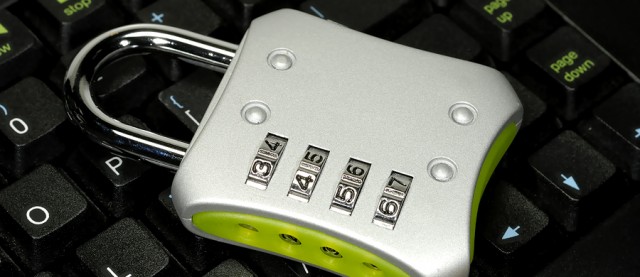Why do we still have passwords?
Posted by: NICE Systems
A few weeks ago I asked my wife if she had received her frequent flyer points for her recent trip abroad. My wife answered that she didn’t know, or in other words – “can you please check for me.” I went into the airline’s website and asked her for her password. She gave me her “you should know better” face and asked casually – “do I have a password?”
When I asked my wife why she doesn’t keep track of her passwords she gave me a number of excuses, the main one being that it is impossible to remember so many different passwords. “It’s hard enough to remember the password for my bank account,” she said, which the bank requires her to change every few months.
I decided to check some industry surveys, which revealed that 58 percent of adults in the US have five or more unique passwords and 30 percent have more than 10 unique passwords. So it seems like my wife is not alone.
Not only that, but passwords are becoming more complicated and the requirements more stringent. Many websites demand a combination of letters, numbers and signs. According to a survey by Harris Interactive, three-quarters of people say they try to create the strongest passwords possible, using combinations of letters and numbers instead of obvious names or words, but nearly 37 percent forget these passwords and have to ask for a reminder of their user name or password on at least one website per month.
![]()
Surely there must be a better way for service providers to authenticate the identity of their customers.
While we all expend so much effort creating many unique passwords, what is more unique than our own voice? When speaking to service providers we have already given them the best means of identifying us – they just need the right technology to make this happen.
When we contact our service providers, during the first few seconds of the call our voice can be automatically compared to a previously created unique voice print in order to authenticate us. This happens seamlessly while we carry out a natural conversation with the service representative, creating an effortless customer experience.
In fact, many companies are already identifying customers in just this way.
So imagine the next time my wife needs to check her frequent flyer status – she’d just have to do what comes naturally to her – talk.

